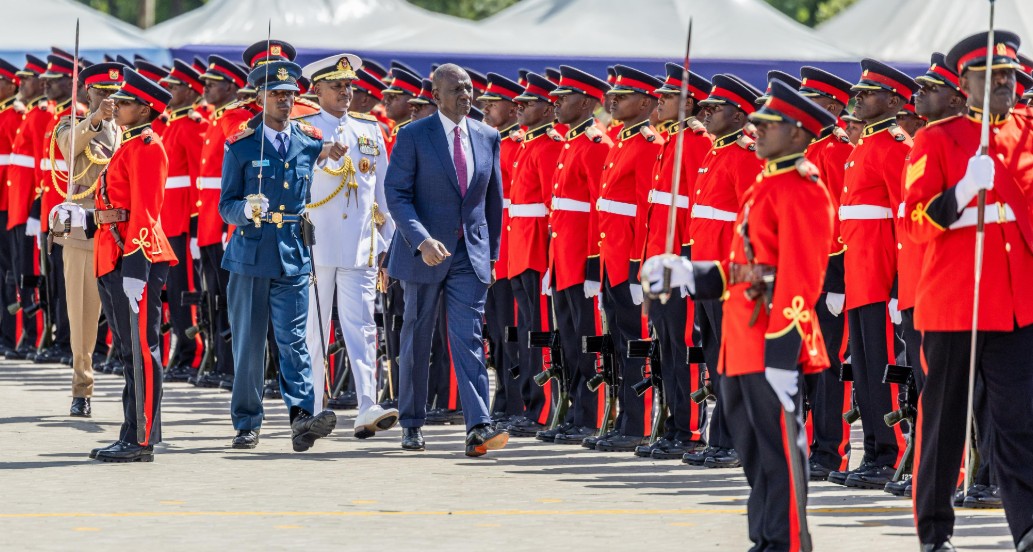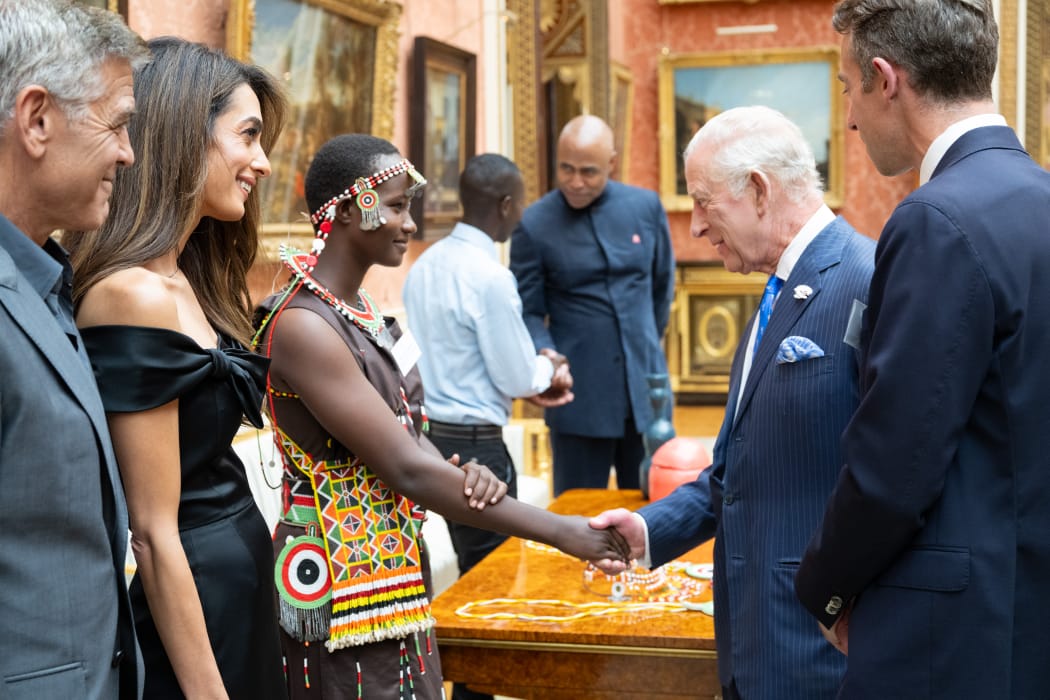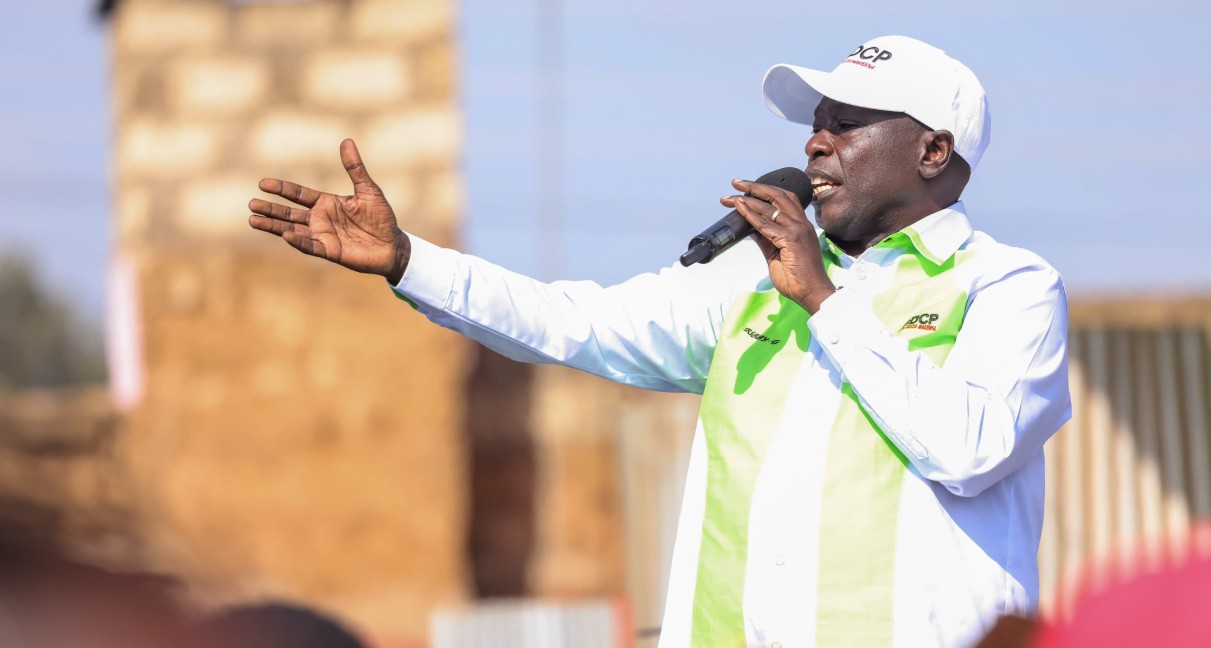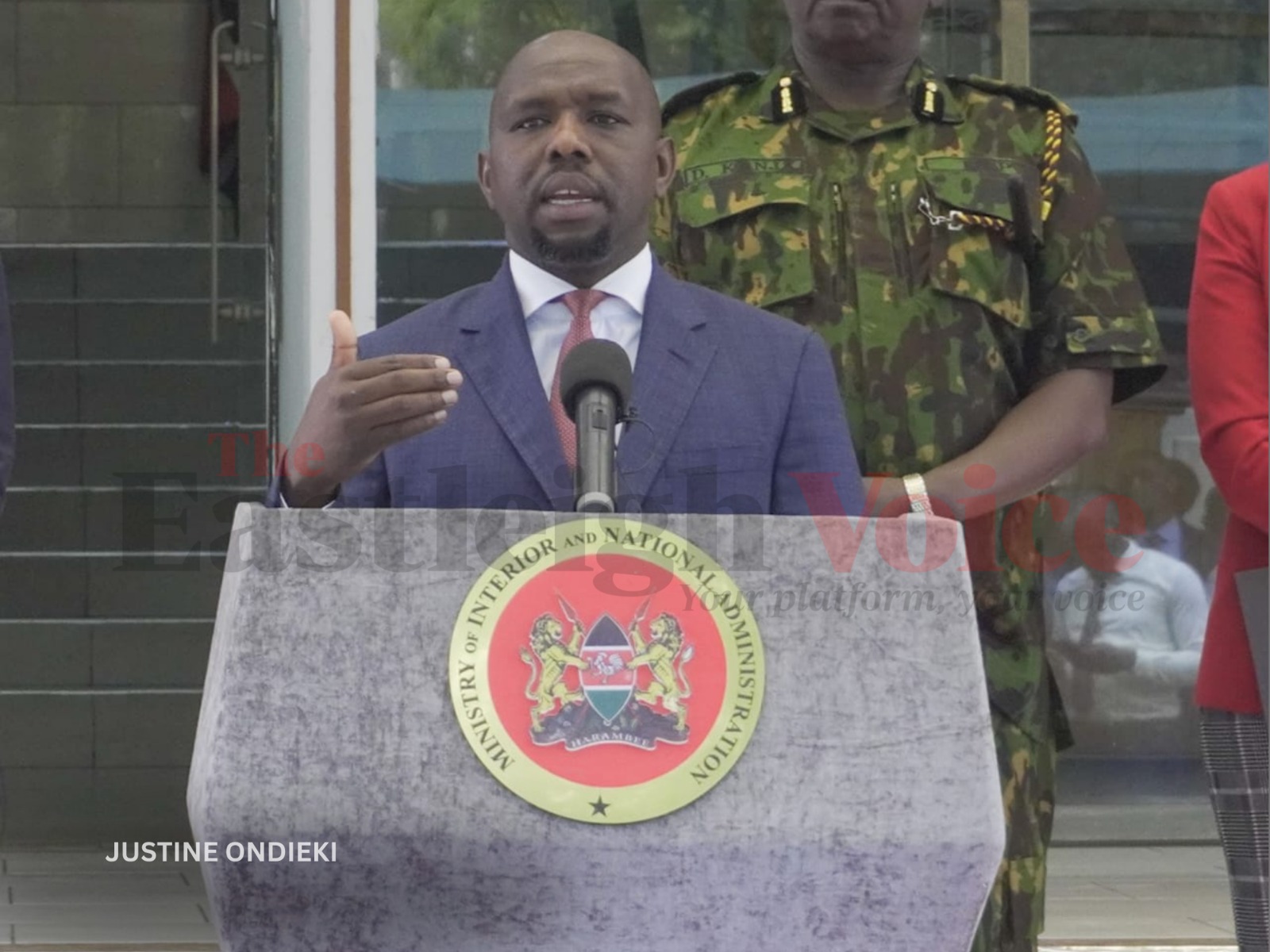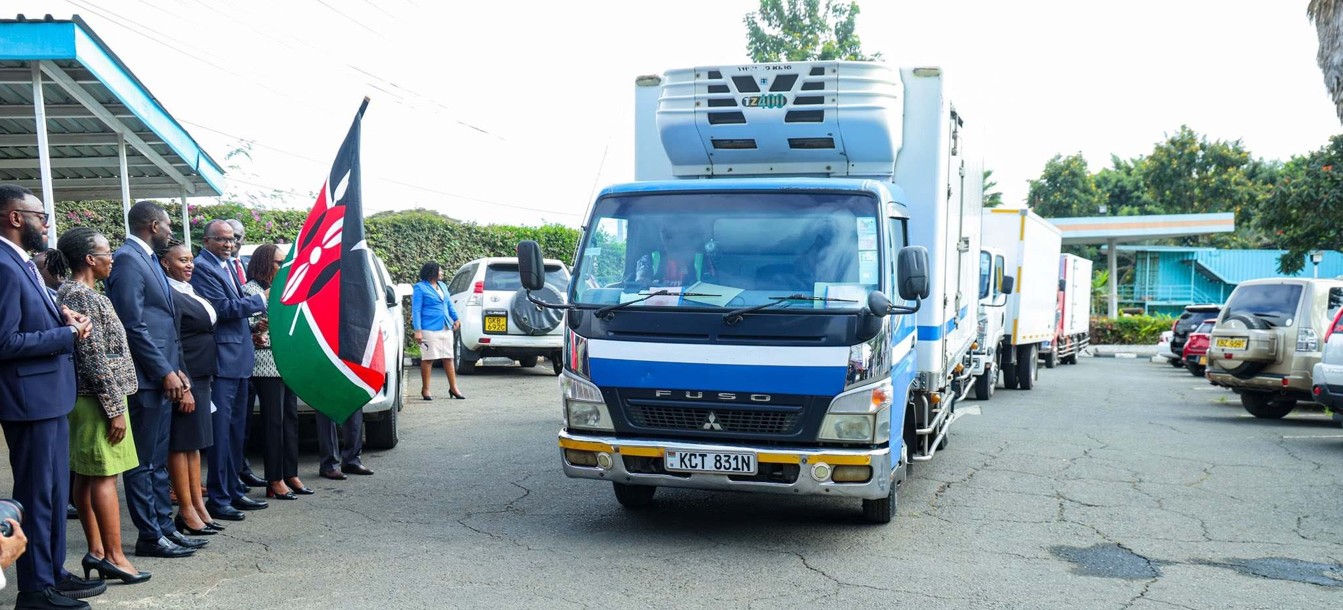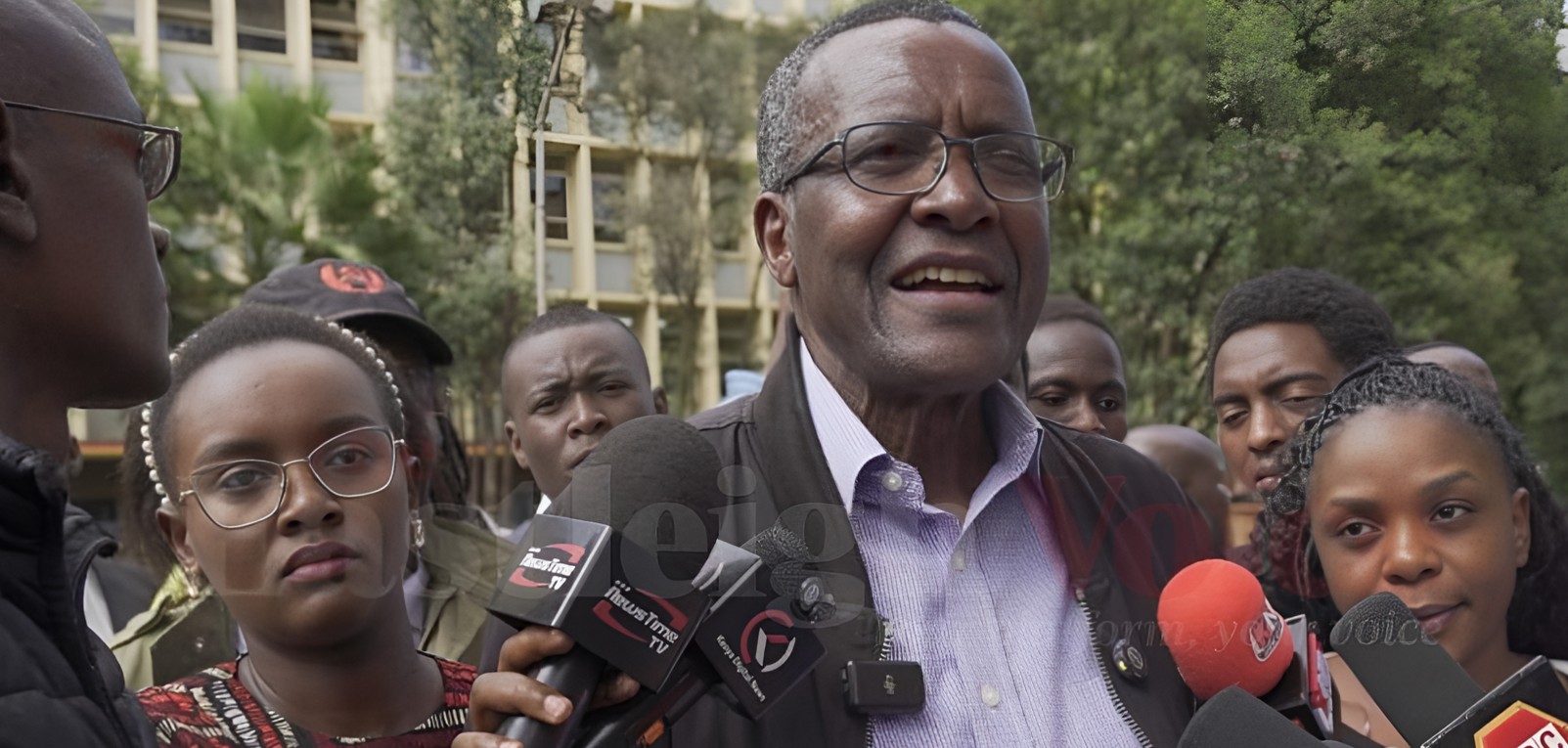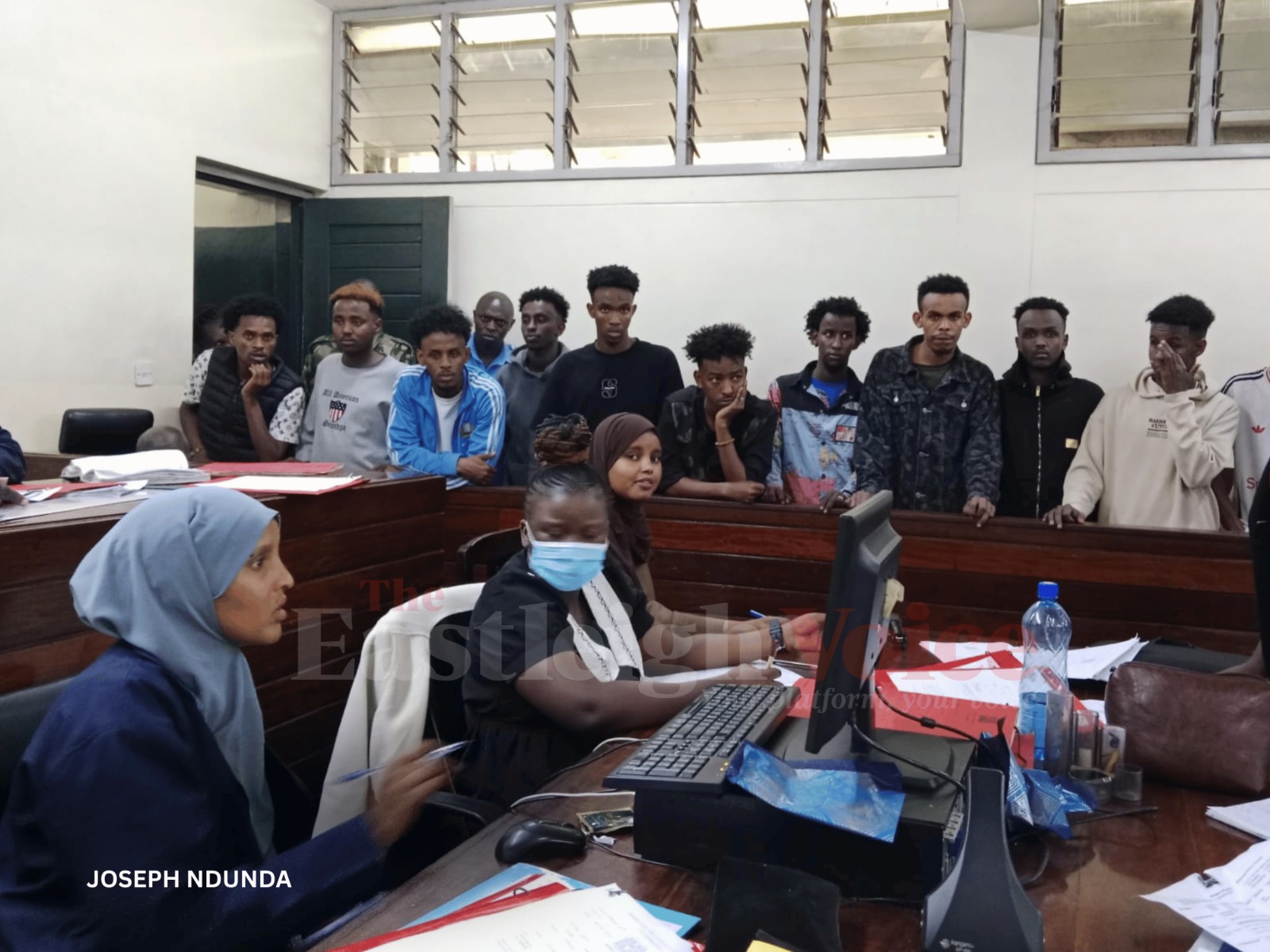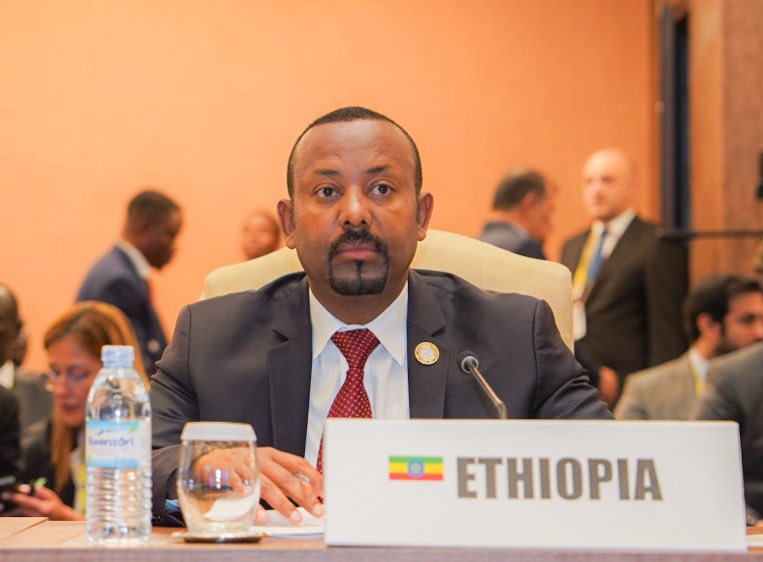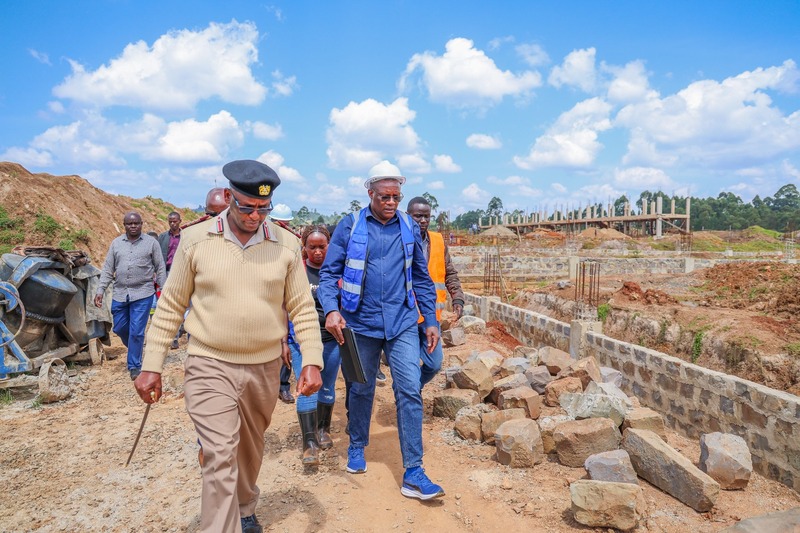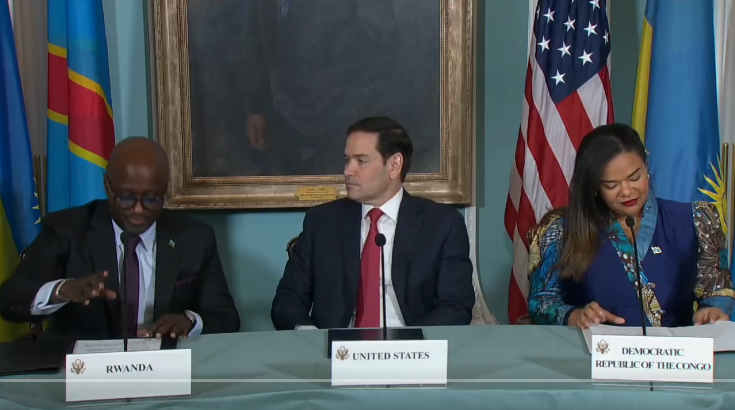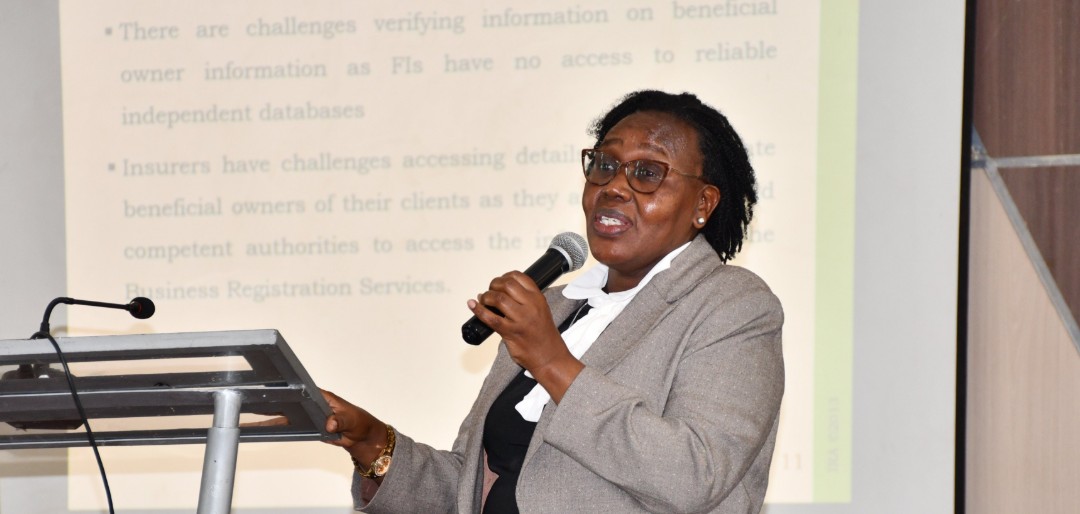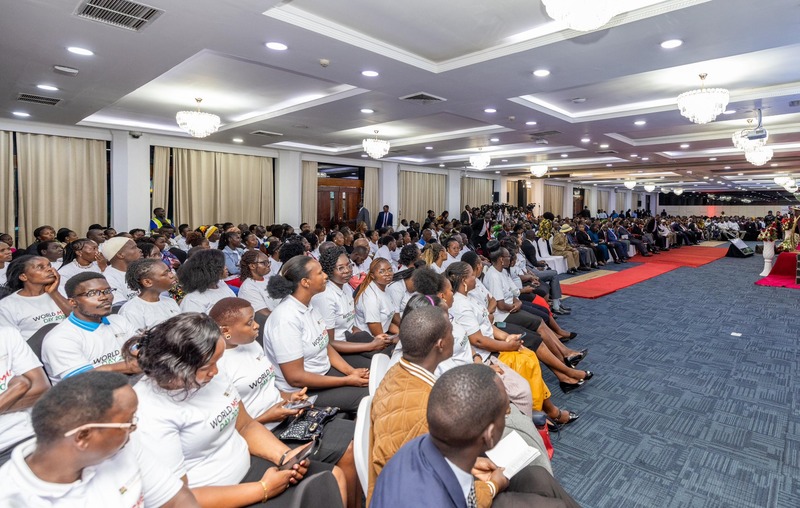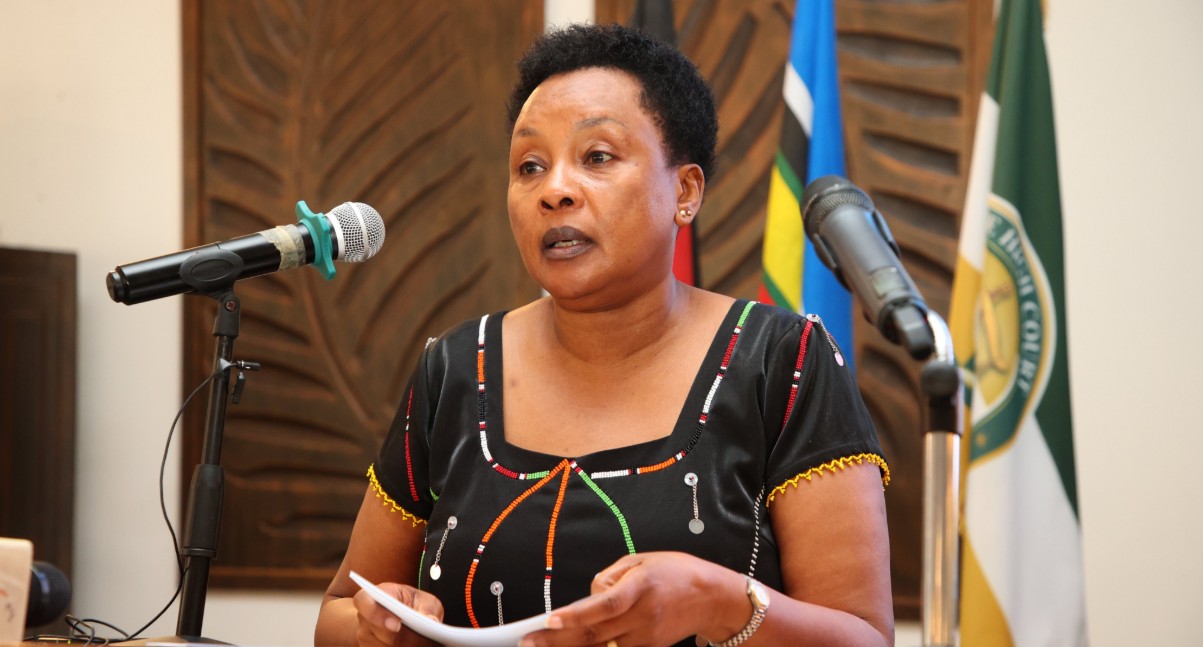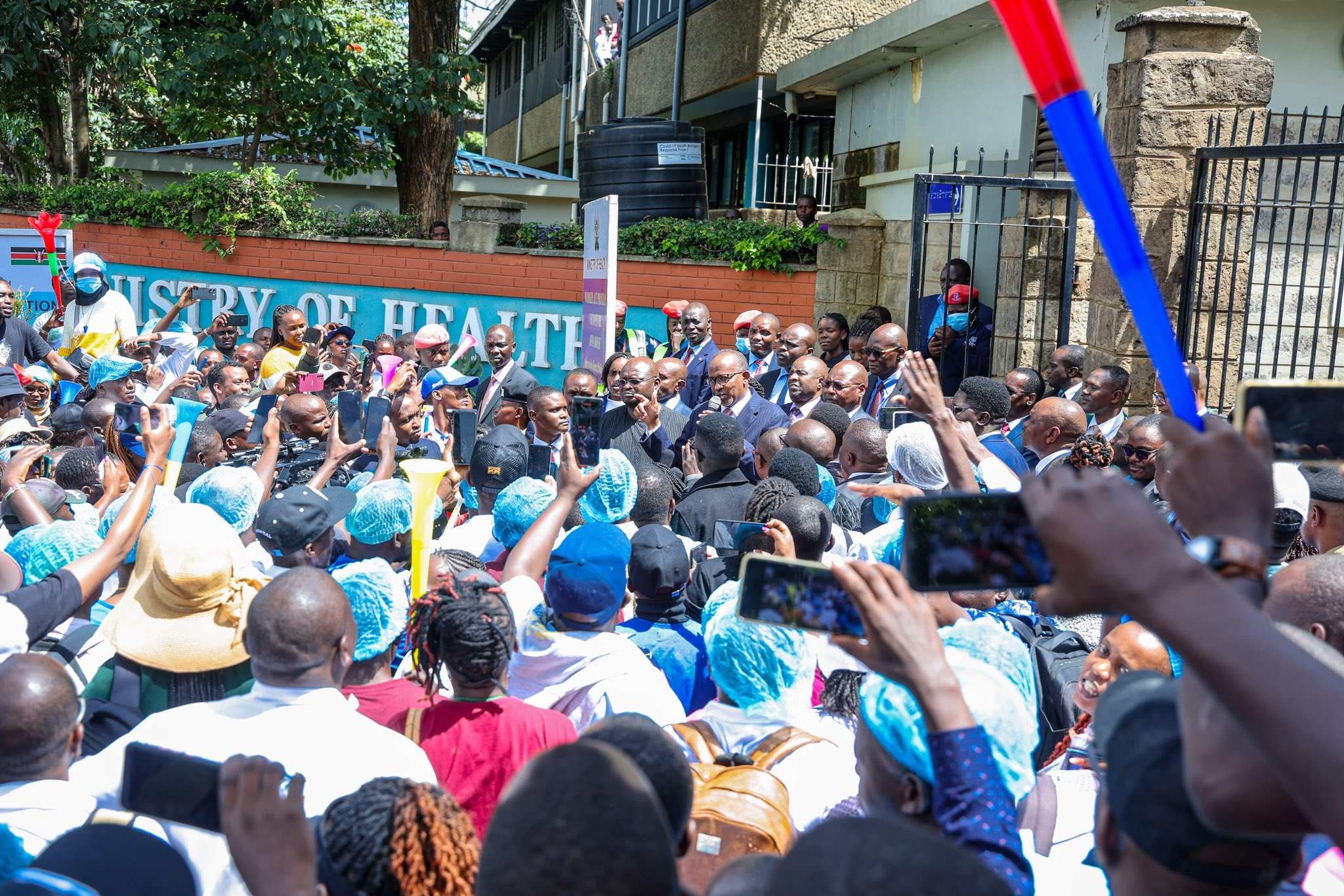Kenya shares lessons on devolution, gender rule as Nigeria begins reform talks
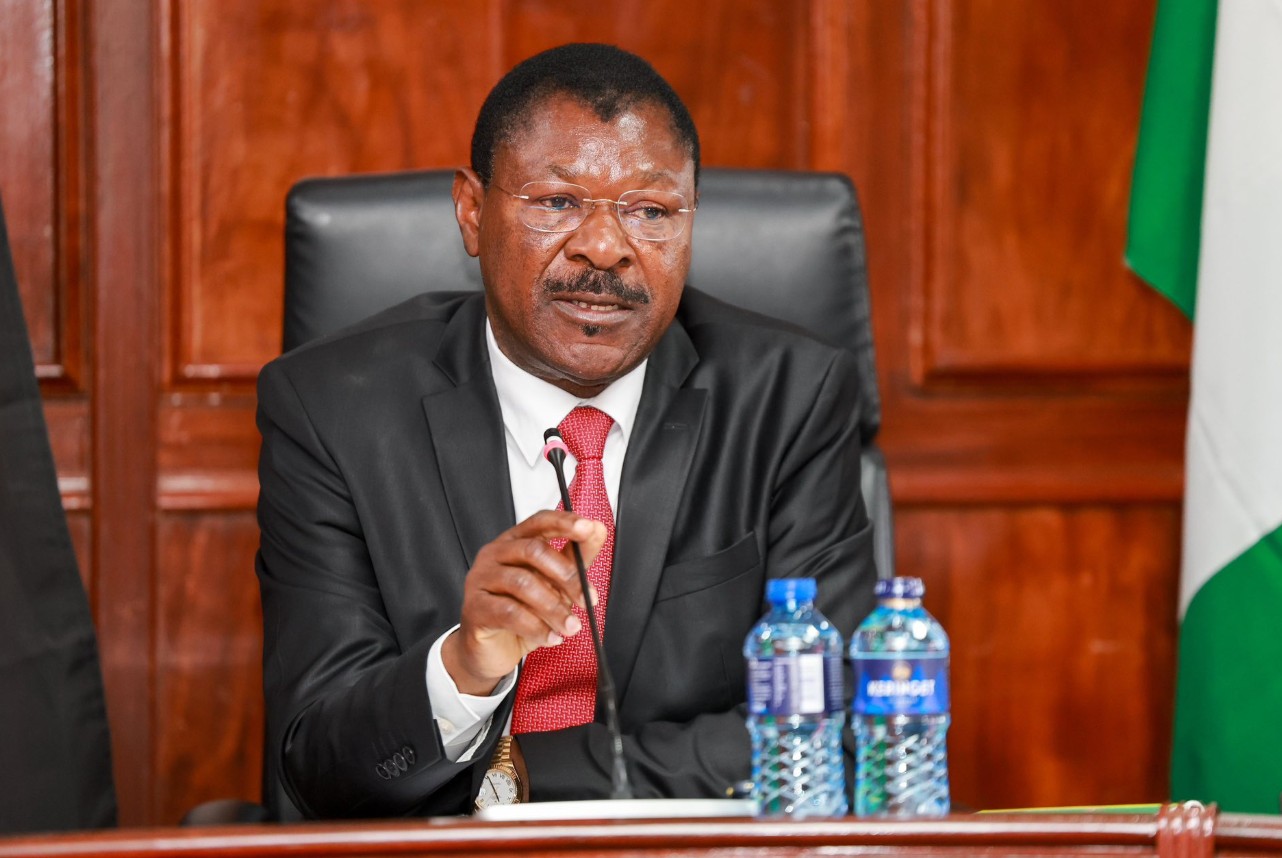
Speaker Moses Wetang’ula shared the difficult path Kenya took to secure a new constitutional order, beginning with the Inter-Parties Parliamentary Group (IPPG) reforms of 1997 and culminating in the 2010 Constitution, which introduced devolution, a stronger Bill of Rights, and broader public participation in governance.
Kenya’s Speaker of the National Assembly, Moses Wetang’ula, has called on Nigeria to adopt a people-driven and inclusive approach in its constitutional reform process, drawing lessons from Kenya’s long and complex journey to the 2010 Constitution.
Speaking during a high-level meeting with a visiting Nigerian parliamentary delegation led by Julius Ihonvbere, Wetang’ula shared the difficult path Kenya took to secure a new constitutional order, beginning with the Inter-Parties Parliamentary Group (IPPG) reforms of 1997 and culminating in the 2010 Constitution, which introduced devolution, a stronger Bill of Rights, and broader public participation in governance.
More To Read
- Millions wasted, no homes built: Auditor General slams counties over speaker housing plan
- County heads on notice as EACC cracks down on end-of-year fraud
- Netherlands returns 119 historic Benin Bronzes stolen from Nigeria
- Counties stare at cash crisis as they head to new financial year without funds
- Deadlock as senators take on MPs, demand higher allocation to counties
- Governors threaten to oust CoB Margaret Nyakang’o as April, May disbursements stall
“We had a process called IPPG in 1996. Along the way, we were not sure we got what we wanted, but eventually, we went to a referendum. The first attempt in 2005 was defeated not because the draft was bad, but because of the polarised politics at the time,” Wetang’ula said.
He said professional input and national consensus were essential to any constitutional process, and singled out devolution as the turning point for Kenya’s reform success.
“We spent nearly six months at Bomas of Kenya, and what made Kenyans vote for the final draft was one thing - devolution. People wanted power decentralised from Nairobi to their communities,” Wetang’ula added.
The Speaker also pointed out that Kenya still struggles to fully implement some parts of the Constitution, particularly the two-thirds gender principle.
While there has been improvement in women’s representation - with 29 women currently in the National Assembly and three in the Senate - he acknowledged that the change has been slow.
“When I joined Parliament in 1992, we had only three elected women. Today, the numbers have grown, but very slowly. Even attempts to legislate the two-thirds rule have failed multiple times due to cultural and patriarchal resistance,” he said.
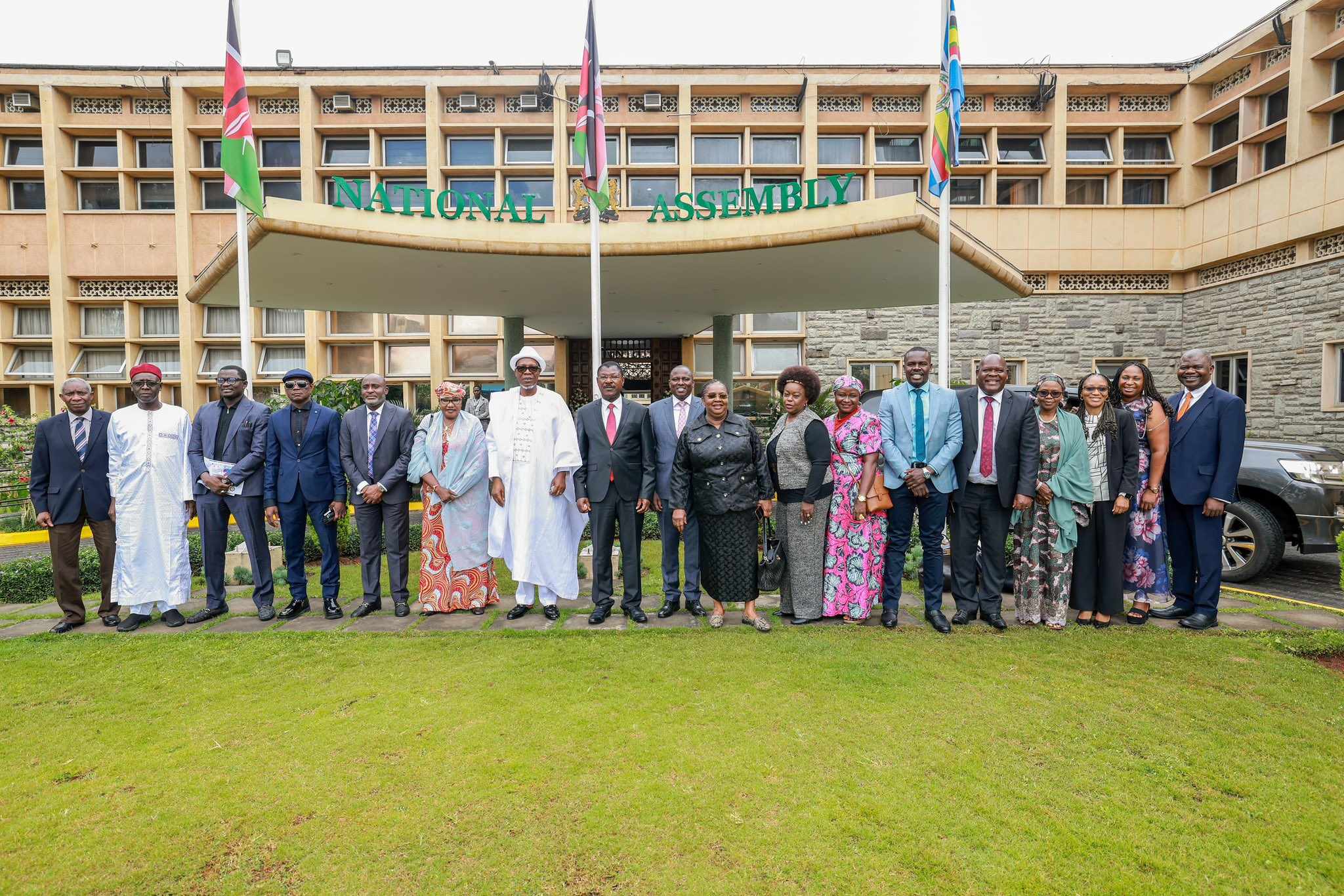 Kenyan MPs, led by Speaker Moses Wetang’ula, pose for a photo with Members of the Committee on Constitutional Review of the House of Representatives of the Federal Republic of Nigeria. (Photo: Moses Wetang'ula/ X)
Kenyan MPs, led by Speaker Moses Wetang’ula, pose for a photo with Members of the Committee on Constitutional Review of the House of Representatives of the Federal Republic of Nigeria. (Photo: Moses Wetang'ula/ X)
The Speaker added that even though the courts once declared Parliament unconstitutional for failing to meet the gender threshold, enforcing such a ruling had proven difficult.
Majority Leader Kimani Ichung’wah and Minority Leader Junet Mohamed supported Wetang’ula’s remarks, noting that affirmative action remains essential, though resistance rooted in culture still poses a major challenge to gender inclusivity.
The Nigerian delegation expressed appreciation for Kenya’s openness, saying the visit offered them valuable insights as they prepare to undertake constitutional reforms back home.
“We came to learn, and indeed we have. Your candidness has given us perspective. We’ll go back with valuable insights,” MP Ihonvbere said
He said they were keen to strengthen collaboration through the formation of a Kenya-Nigeria Parliamentary Friendship Group.
In response, Wetang’ula promised to support further exchanges and give Nigeria access to Kenya’s constitutional reform archives.
“In Africa, we never say goodbye - we say come again,” he told the delegation.
The meeting took place against a backdrop of growing constitutional fatigue and legitimacy concerns across parts of Africa, where gender equity and inclusive governance remain unresolved issues.
Kenya’s experience, while not without flaws, is increasingly being viewed as a useful case study on how to manage reform in a divided society.
Contributing to the discussion, Suba North MP Millie Odhiambo, who was part of Kenya’s constitution-making process, underscored the role of affirmative action in promoting gender representation.
“Kenya’s progress on women’s representation would not have been possible without affirmative action. But even now, women face resistance rooted in culture, tradition, and religious bias. Without structured inclusion, we risk exclusion,” she said.
As Nigeria looks inward to reform its laws and systems, Kenya’s experience serves as both a roadmap and a reminder that constitutional transformation demands unity, compromise, and deliberate inclusion.
Top Stories Today
Reader Comments
Trending
